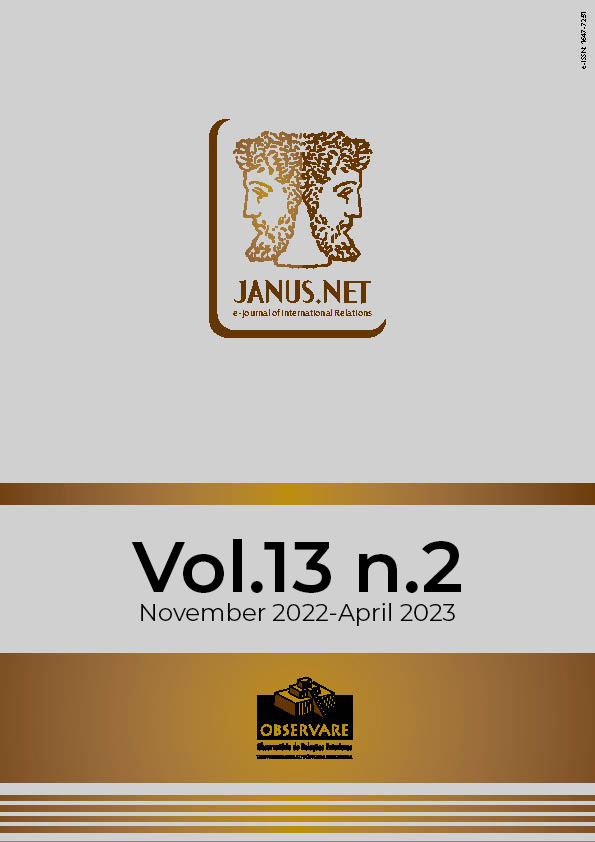The scientific literature has taken up the theme of secular stagnation of economic growth
again in the middle of the second decade of the 21st century, many decades after Alvin
Hansen’s original contribution.
The resurgence of this phenomenon is also accompanied by profound changes at other levels:
the world has become more global, digitization is advancing and, in International Relations,
the instruments of power change and soft power joins the military and economy components
as the fundamental vertices of power.
Meanwhile, a violent pandemic emerged, causing unimaginable loss of life, significant changes
in habits and a deep worldwide economic recession. Soon after, war invaded Europe,
destabilizing the Old Continent and having very negative repercussions on distribution
channels and the world economy.
The pandemic and the war reinforce a very negative expectation about the evolution of the
world economy, in a dual scenario in which not everyone reacts in the same way.
Our analysis focuses mainly on the United States and China, currently the two major economic
powers. In fact, the latter will most likely become the world’s largest economy in the short
term, although the US, aware of the relative loss of its supremacy, continues to resist in
different ways in which this top position can be played.
The aim of this article is to assess to what extent all these changes in the paradigms of
geoeconomics, with the rise of China to the top of the world pyramid, accompanied by a dual
phenomenon, that is, an apparent long stagnation of world economic growth in the advanced
economies and the maintenance of solid economic growth in emerging markets, may change
the balances of world power.
And this eventual change, it seems to us, will probably involve a strengthening of China’s
position and the loss of the still dominant power, the USA.7+-
ECONOMY AND WORLD POWER BALANCES POST PANDEMIC/WAR
Degree in Economics from Universidade Técnica de Lisboa / Instituto Superior de Economia e
Gestão. Master's degree in International Economics from ISEG. PhD in International Relations:
Geopolitics and Geoeconomics from Universidade Autónoma de Lisboa. He works at Banco de
Portugal (Portugal) where is Head of Innovation and Support Division of Markets Department. He
was a Consultant for the Portuguese Post Office (CTT), Chairman of the Executive Committee and
Director of Invesfer S.A., a company of the REFER Group, and also Director and CEO of CP Carga.
He teaches at Universidade Autónoma de Lisboa (in the Departments of Economics and Business
Sciences and International Relations) and on the MBA in Corporate Finance at Universidade do
Algarve. He is also a member of the Foreign Relations Observatory of UAL, where he has been
involved in various research projects, as well as assiduous participation in the various editions of
Janus - International Relations Yearbook.
Resumo
Palavras-chave
Como citar este artigo
Morais, Henrique (2022). Economy and world power balances post pandemic/war. Janus.net, ejournal of international relations, Vol13 N2, November 2022-April 2023. Consulted [online] in date
of last visit, https://doi.org/10.26619/1647-7251.13.2.11
Article received on 23 August, 2022 and accepted for publication on 15 September, 2022















